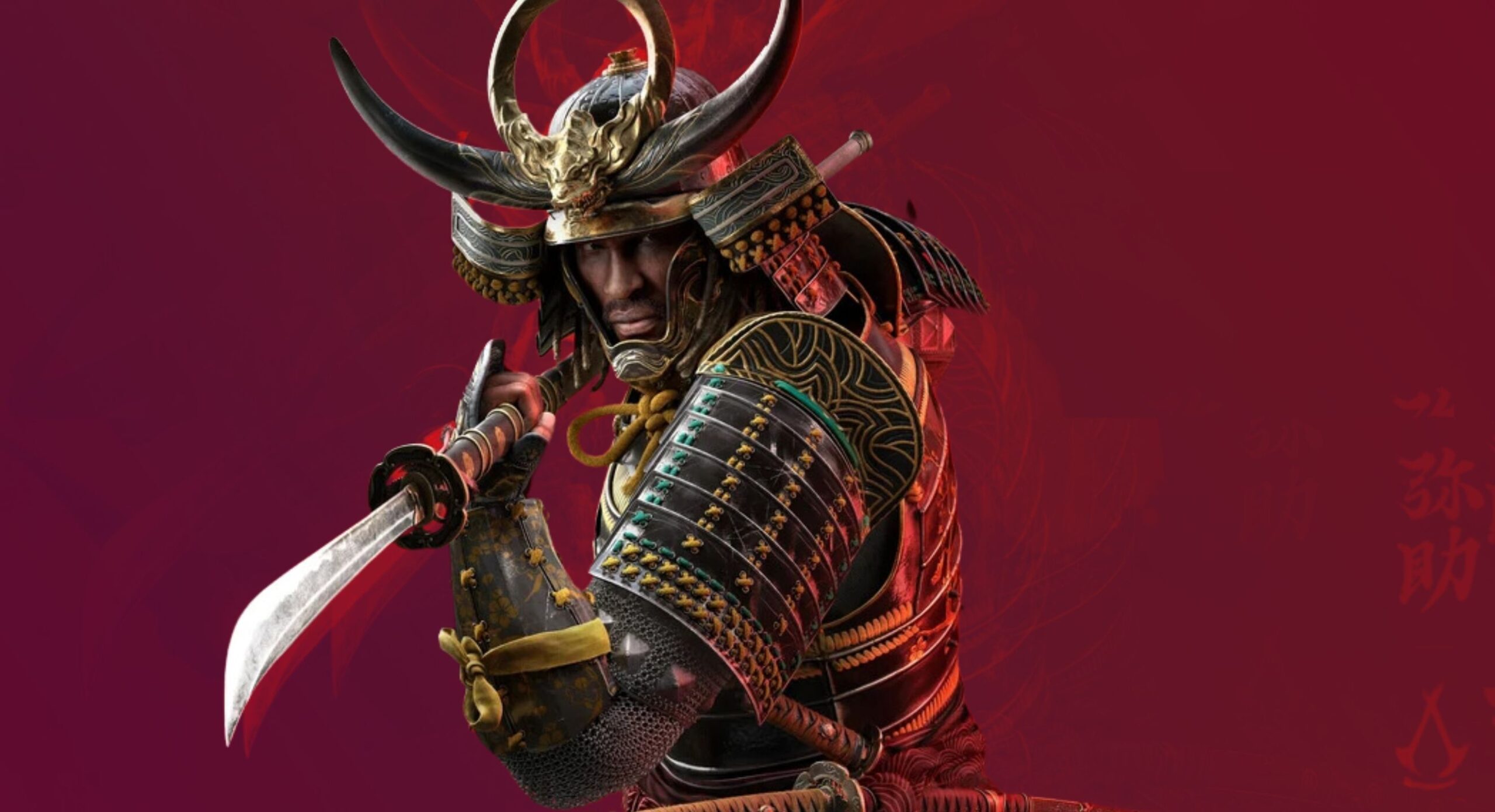
Key Takeaways
- Assassin’s Creed draws on real history to create immersive plots and settings, blending fact with fiction.
- The controversy surrounding the character Yasuke in Assassin’s Creed Shadows is disputed, sparking heated debates online.
- Ubisoft’s response to the Yasuke controversy emphasizes that the game is historical fiction, not non-fiction, and encourages diverse representation in gaming.
The core hook of the entire Assassin’s Creed franchise is revisiting and exploring the world and cultures of civilizations long past. We’ve gone back as far as the Viking era, as modern as the English industrial revolution, and everything in between. Blending fact with real history, the series takes these important places and times in history and weaves in a plot of conspiracy, ancient orders, and powerful artifacts as if they were real and simply hidden from public knowledge. To achieve that authentic feeling, many historical figures have played important roles across the games as NPCs, companions, and even primary antagonists.
Assassin’s Creed Shadows has caused a bit of a stir online after showing off its two primary characters: the Shinobi, Naoe, and Samurai, Yasuke. The discourse surrounding Yasuke specifically has been particularly complicated, with multiple statements and experts weighing in on the situation. The average person, however, probably has no idea why so much controversy was kicked off about this character specifically. If you want a quick and easy-to-understand breakdown of what has the internet at war with itself, I’ll walk you through the whole Yasuke controversy.
While I will attempt to be as balanced in this overview as possible, I will never condone harassment towards anyone over such a minor disagreement.
Who is Yasuke in Assassin’s Creed Shadows?
A debate on historical accuracy
Yasuke is a notable historical figure for several reasons, despite so much about the man being lost to time. What we do know is that he is the first African man to be referenced in any Japanese records, dating back to about 1579. Nothing about his life prior to this point is known, including his original name or what country he came from, but we do know he was brought to Japan by a missionary named Alessandro Valignano.
What we do know is Oda Nobunaga called to meet Yasuke upon hearing about an African man and was so impressed that he took him into his service from 1581 to 1582 during the Sengoku period. Nobunaga also gave Yasuke his name and the rank of samurai.
A debate about historical accuracy wouldn’t be much to comment on, but as with almost any discussion on the internet, it quickly spiraled out of control.
That last point — Yasuke being an official samurai — is where the controversy stems. Because there is so little official documentation about him, many contest that he was, in fact, a samurai and not just a servant of Nobunaga. Japanese historian Yu Hirayama presents the position that Yasuke being granted a stipend, housing, and a sword by Nobunaga all reflect his status as a samurai, though acknowledges that anyone opposing Nobunaga would not have recognized him as such. Other historians argue that Yasuke was only granted the title of Kosho or retainer, not a true samurai.
A debate about historical accuracy wouldn’t be much to comment on, but as with almost any discussion on the internet, it quickly spiraled out of control. Many have used Yasuke’s inclusion and representation as an excuse to harass Ubisoft and other agencies that seek to improve diversity and representation in games. Regardless of where you stand on Yasuke’s status as a samurai, sending hateful or threatening messages is never an appropriate response.
How Ubisoft has responded to the controversy
It never claimed to be a work of non-fiction
Ubisoft
With no clear answer to come to in the history books, Ubisoft has decided not to take a firm stance one way or the other and instead attempted to remind us what the Assassin’s Creed games are and always have been — historical fiction:
While we strive for authenticity in everything that we do, Assassin’s Creed games are works of fiction inspired by real historical events and figures. From its inception, the series has taken creative license and incorporated fantasy elements to craft engaging and immersive experiences. The representation of Yasuke in our game is an illustration of this. His unique and mysterious life made him an ideal candidate to tell an Assassin’s Creed story with the setting of Feudal Japan as a backdrop. While Yasuke is depicted as a samurai in Assassin’s Creed
Shadows, we acknowledge that this is a matter of debate and discussion. We have woven this carefully into our narrative and with our other lead character, the Japanese shinobi Naoe, who is equally important in the game, our dual protagonists provide players with different gameplay styles.— The Assassin’s Creed Shadows Development Team
It is heartbreaking to say in the modern day, but so much of this “controversy” appears to be a thinly veiled smokescreen for racist views. No one complained when a mind-controlling orb appeared in the Crusades, when Leonardo da Vinci invented a tank, or when you fought actual Gorgons in past games, which are all exponentially more egregious in terms of pure historical accuracy than whether or not Yasuke was technically a samurai. But now that we have a black protagonist, bad actors are coming out of the woodwork with whatever flimsy justification they can find to rally against him without exposing themselves as simply being racist.
Trending Products




